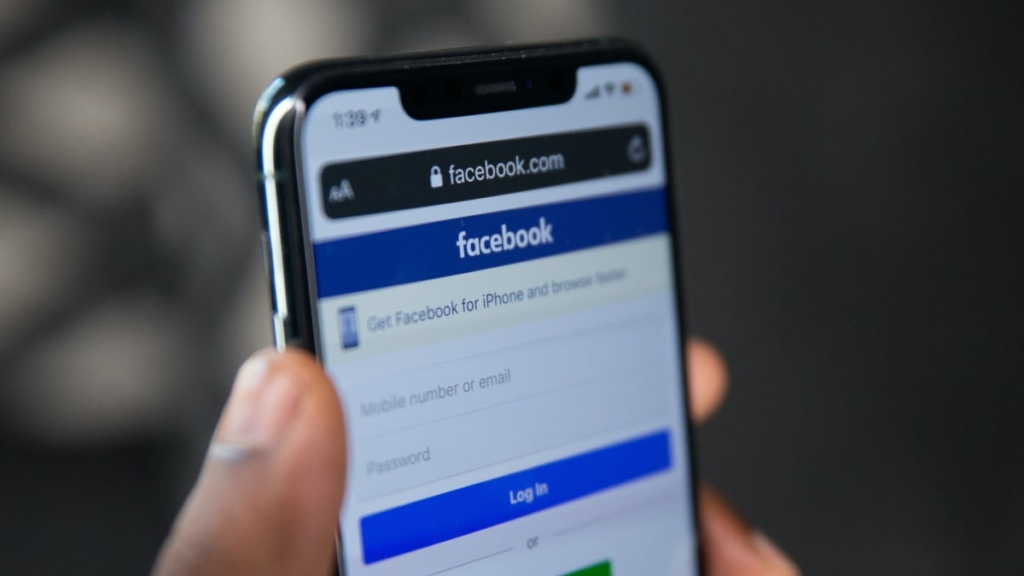The United States Supreme Court is preparing to evaluate appeals from two prominent technology companies—Meta’s Facebook and Nvidia—seeking to dismiss federal securities fraud lawsuits. These cases have the potential to impact the ability of private individuals to hold corporations accountable for alleged misconduct.
This follows a series of Supreme Court decisions in June that diminished the authority of federal regulators, including the Securities and Exchange Commission (SEC), which oversees securities fraud. The upcoming deliberations may further limit the enforcement capabilities of private plaintiffs pursuing accountability for corporate violations.
Andrew Feller, a former SEC attorney currently in private practice, noted that the recent trend of rulings favoring business interests may lead the Supreme Court to be sympathetic toward the arguments presented by Facebook and Nvidia.
The Supreme Court currently holds a conservative majority of 6-3, which could influence the outcomes of these appeals.
“Business entities will likely maintain their trend of challenging regulations designed to enforce accountability, including the remaining private rights of action,” Feller commented.
A private right of action allows individuals or groups to file lawsuits for alleged damages.
Both Facebook and Nvidia have taken their cases to the Supreme Court after the 9th US Circuit Court of Appeals in San Francisco permitted separate class action securities fraud lawsuits to proceed against them.
This Wednesday, the Supreme Court will hear arguments regarding Facebook’s appeal to dismiss claims that it misled investors in violation of the Securities Exchange Act, a 1934 law mandating public companies to disclose their business risks.
A class action lawsuit initiated in 2018, led by Facebook investors including Amalgamated Bank, claims that the company failed to disclose a significant 2015 data breach involving Cambridge Analytica, affecting over 30 million users.
The lawsuit followed a decline in Facebook’s stock value after media reports emerged in 2018 regarding the misuse of user data by Cambridge Analytica during Donald Trump’s presidential campaign in 2016. Plaintiffs are seeking unspecified monetary damages to recover losses associated with their Facebook stock investments.
The key issue is whether Facebook violated the law by not providing details about the past data breach in its subsequent risk disclosures, which allegedly characterized such risks as hypothetical.
In its Supreme Court submission, Facebook argued that it was not mandated to disclose that an already indicated risk had materialized, claiming “a reasonable investor would understand (risk disclosures) to be forward-looking and probabilistic in nature.”
In 2019, the SEC took enforcement action against Facebook regarding this issue, leading to a settlement where the company paid $100 million. Additionally, Facebook faced a separate $5 billion penalty from the Federal Trade Commission related to the Cambridge Analytica matter.
Michael Perino, a professor at St. John’s University School of Law, described private rights of action as essential for complementing public enforcement efforts, noting that the SEC may lack sufficient resources given its extensive responsibilities.
“Securities class action lawsuits effectively empower private attorneys to act on behalf of aggrieved investors,” Perino stated.
Nvidia’s Legal Challenge
On November 13, the Supreme Court will also hear arguments from Nvidia, which is contesting a class action lawsuit that alleges the company misled investors concerning the extent of its sales related to the volatile cryptocurrency sector.
The 2018 lawsuit, spearheaded by the Stockholm-based investment firm E. Ohman J:or Fonder AB, accuses Nvidia of violating the Securities Exchange Act by downplaying the contribution of cryptocurrency-related sales to its revenue growth in 2017 and 2018.
The plaintiffs argue that these omissions misled investors seeking to evaluate the impact of crypto mining on Nvidia’s business operations.
Nvidia contends that the plaintiffs did not meet the legal standards set by the Private Securities Litigation Reform Act of 1995, which governs the criteria for pursuing private securities fraud claims.
In 2022, Nvidia settled with US regulators for $5.5 million over allegations of inadequate disclosure regarding the impact of cryptocurrency mining on its gaming business.
David Shargel, a private practice attorney experienced with SEC matters, suggested that private securities litigation could become more prominent due to recent Supreme Court rulings that have weakened federal regulatory power.
Shargel referenced a decision from June 27, which declared that the SEC’s in-house enforcement of investor protection laws infringes on the constitutional right to a jury trial, potentially straining the agency’s resources and encouraging more private litigation.
“While it’s challenging to predict the precise trajectory of private actions, it’s plausible that they could gain greater relevance,” Shargel added.
© Thomson Reuters 2024
(This story has not been edited by NDTV staff and is auto-generated from a syndicated feed.)






